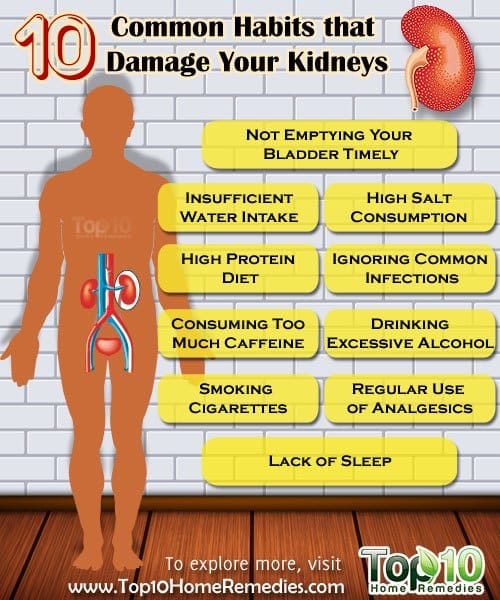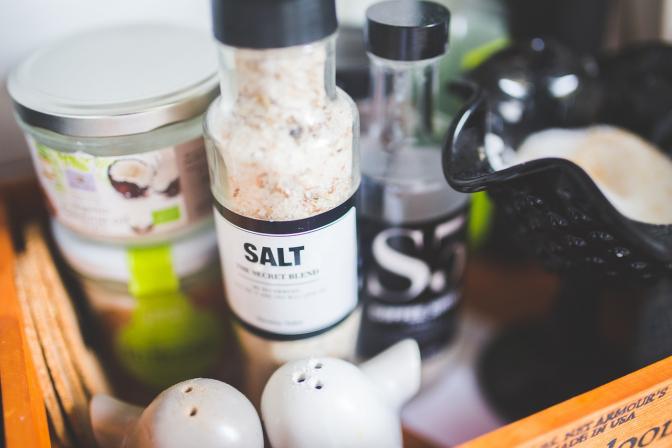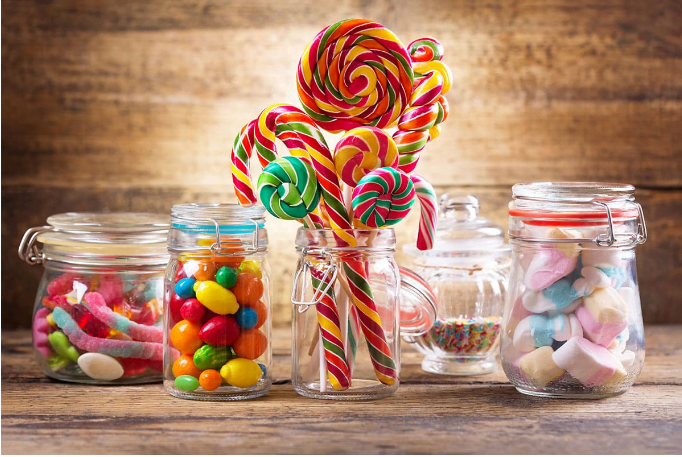Kidney disease may not be something you hear every day, but research shows that this disease causes more deaths than breast cancer or prostate cancer.
To prevent kidney disease, it is necessary to take good care of your kidneys at all times. Having healthy kidneys will make you feel better and also help you fight against diseases that can damage them like diabetes and high blood pressure.
1. Avoid Over-The-Counter Pain Medication
Large amounts of over-the-counter pain medications such as acetaminophen, aspirin, naproxen, and ibuprofen can cause kidney damage if taken regularly for an extended period of time.
2. Eating Processed Foods
Processed foods such as burgers, pastries, pies, sausages and canned vegetables are loaded with sodium which can harm your kidneys. Instead, eat fresh or frozen fruits, vegetables, and whole grains to avoid too much sodium intake.
3. Excessive Drinking
Alcohol consumption can lead to a number of health problems and kidney diseases are no exception. Heavy drinking (more than four drinks a day) is known to double the risk of chronic kidney disease, which makes it important to restrict your intake.
4. Smoking
Smoking has many negative effects on the body, including the kidneys. It can speed up the progression of chronic kidney disease (CKD), contribute to the development of kidney cancer and increase the risk of renal artery stenosis.
In addition, smoking increases the levels of a protein called albumin in your urine and slows the excretion of another substance, creatinine. These changes are early signs that the kidneys aren’t working properly.
Kidney failure occurs when your estimated glomerular filtration rate (eGFR) declines to a point where it causes problems with your blood pressure. Quitting smoking helps your eGFR return to normal and lowers the risk of kidney failure.
read more : The rapists explain: these are the signs of an unhealthy relationship

5. Not Drinking Enough Water
Water is a crucial component of our bodies, and our kidneys especially benefit from a good supply of fluid. It helps maintain a healthy weight, flush out toxins, and keep our organs functioning properly.
A dehydrated body can lead to a wide range of health issues, including headaches, brain fog or confusion, fatigue, mood swings and low energy levels. It also increases the risk of urinary tract infections (UTIs) and kidney stones.
Fortunately, it is very rare for people to drink too much water and become dehydrated. However, this is an area where caution is advised.
6. Eating Too Much Salt
Getting too much salt can cause your kidneys to have problems keeping sodium and water in balance. This can result in you feeling thirsty, bloated and weight gain.
In some cases, too much salt can also lead to a temporary increase in blood pressure. This can cause you to feel dizzy and possibly even faint.
To avoid this, limit your salt intake to no more than 6g per day. This will help to keep your blood pressure in a healthy range and protect your kidneys.
A low-sodium diet will also reduce your risk of heart disease, diabetes and stroke. However, it is important to talk with your doctor or dietitian before making any changes to your diet.
7. Not Getting Enough Sleep
Sleep is an essential part of your body’s natural rhythm. It signals the brain to slow down and rest.
Our kidneys rely on this rest to build up their defenses, making them less vulnerable to infection. It also helps us recover from illness.
In addition, the right amount of sleep can help you be alert during the day. It may also improve memory function and prevent depression, according to studies.
A study published recently in the Journal of the American Society of Nephrology suggests that women who get fewer than five hours of sleep each night have a 65 percent greater risk of a rapid decline in their kidneys over the course of 11 years. This may be because the body’s natural rhythms are disrupted, said lead researcher Dr. Ciaran McMullan of Boston’s Brigham and Women’s Hospital.
8. Not Taking Care of Your Kidneys
Your kidneys play a major role in maintaining overall wellness, filtering blood multiple times each day to remove waste products and regulating blood pressure.
They also control pH, salt and potassium levels in your body.
If you have a kidney infection, it can be a very serious medical problem that should be treated immediately. These infections usually start as a urinary tract infection (UTI) or a bladder infection and travel up your ureters to your kidneys.
In addition to regular antibiotics, there are some natural remedies that may help decrease the risk of a kidney infection. For example, drinking parsley juice or eating apples, which are nutrient-dense and contain high amounts of vitamin C, can help boost the immune system while reducing the growth of bacteria in your kidneys.

9. Not Getting Enough Exercise
If you don’t exercise regularly, your kidneys can start to struggle. This means they don’t filter out the extra toxins in your blood properly, leaving them in your body for longer.
This can lead to fatigue and problems with your mental health. It can also cause your muscles to weaken and waste away, so they can’t support your weight well.
Getting plenty of physical activity is a great way to boost your energy levels and reduce stress. And research shows that it can also help lower your risk of heart disease.
A new study suggests that exercise could also lower your risk of chronic kidney disease. Researchers found that people who got the most exercise were 9% less likely to develop the condition over an 18-year period.
10. Excessive Alcohol Consumption
If you drink excessively, it can damage your kidneys. Excessive alcohol consumption can dehydrate your body, weaken your kidneys and impair their ability to filter blood properly.
When your kidneys are healthy, they work to remove waste and toxins, maintain the right balance of fluids in your body, and regulate your electrolytes. They also help control your acid-base balance by regulating the concentration of sodium, potassium, and chloride ions in your blood.
However, excessive alcohol use can lead to serious health complications, including a number of diseases that impact your kidneys, liver and lungs. It’s important to know the signs of excessive alcohol consumption and how to prevent it.
11. Eating Too Much Sugar
Your kidneys play several important roles in your health, including filtering out waste, producing hormones, keeping your bones strong, and regulating fluid balance. Having too much sugar can make your kidneys work harder than they should and increase your risk of chronic diseases like diabetes.
Eating too much sugar can also cause weight gain, heart disease, and a sluggish digestive system. Luckily, there are plenty of ways to avoid the excess sugar in your diet.
For starters, stick to whole foods as often as possible. This will ensure you get the natural sugars from fruits and other nutritious items, plus the added benefits of fiber, vitamins, and minerals.

12. Eating Too Much Meat
Your kidneys are responsible for many things – filtering toxins out of your body, controlling your blood pressure and producing healthy red blood cells.
But some of your daily habits may be bad for your kidneys. For example, eating too much meat can put a strain on your kidneys and worsen other health conditions like high blood pressure or diabetes.
Sugar is another common dietary culprit. Excess sugar contributes to obesity, which is a leading cause of diabetes and high blood pressure.
Foods with added salt should be avoided as well. Instead, choose herbs and spices to season your meals without adding excess sodium.


